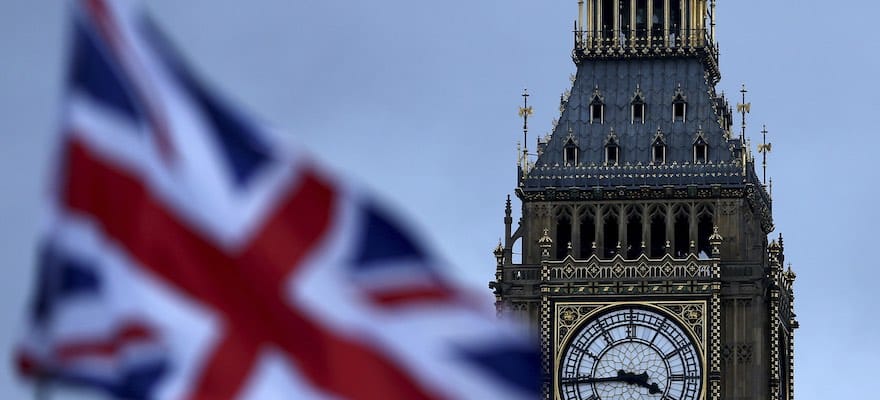Monecor, the owner of , released its financial results for 2017 this Tuesday. Posting substantial year-on-year growth, the firm also detailed its plans for a post-Brexit Britain and a change in strategy following the European and Securities Markets Authority’s product intervention measures.
Over the course of 2017, Monecor was able to rake in a total revenue of £31.41 million ($40.71 million). That was an 8.5 percent decrease on the prior year’s £34.33 million ($44.50 million).
Fortunately for Monecor, they were able to cut the amount lost through commissions, rebates and administrative expenses. As a result, they finished the year with an operating loss of £157,000 ($203,500) – not great but a significant improvement on 2016’s £2.86 million ($3.71 million) loss.
With additional financial costs of £434,000 ($562,540) and financial income of £349,000 ($452,365), Monecor had pre-tax losses of £242,000 ($313,675). Add to that a tax rebate of £565,000 ($732,339) and you can see that the firm finished the year with a profit of £264,000 ($342,190).
Now that we have those pesky numbers out of the way, let’s look at a couple of other juicy bits of information from Monecor’s report.
Monecor – Planning for Brexit and ESMA
Firstly, the firm said that it has put in place plans for a . According to today’s report, the company has product passports in all 27 European Union (EU) member-states. Their business operations in those countries generated £9.1 million ($11.80 million) in revenue.
Not wanting to lose out on that dough, Monecor has said that it will establish a new legal entity in an EU country if it loses passporting rights once Brexit has occurred.
“It is likely that [Monecor] will provide significant services to this new EU company,” Said a statement by the board, “including introducing customers, licensing its technology, back-office support and providing hedging liquidity.”
Brexit isn’t the only regulatory conundrum facing brokers. As our readers are by now well aware, , that went live in August, have sent shock-waves through the retail industry.
One consequence of those regulations has been a growing focus from brokers on . Why has this happened? Simple – professional clients aren’t covered by ESMA’s rules.
According to its board’s strategic report, Monecor’s “strategy remains to increase its penetration in the high value retail customer segment and to grow its high value professional customer base.”
In fairness to Monecor, the company had already put in place a strategy to attract a higher-end clientele. That appears to have paid off. Despite the decrease in revenue in 2017, income from professional clients grew by 28 percent to £11.1 million ($14.39 million).
With plans in place to combat the fallout from both ESMA and Brexit, Monecor looks neatly set-up to weather the stormy seas of the 2018 fiscal year. As with its other well-prepared competitors, it’s unclear as to how it will emerge on the other side.





Be First to Comment